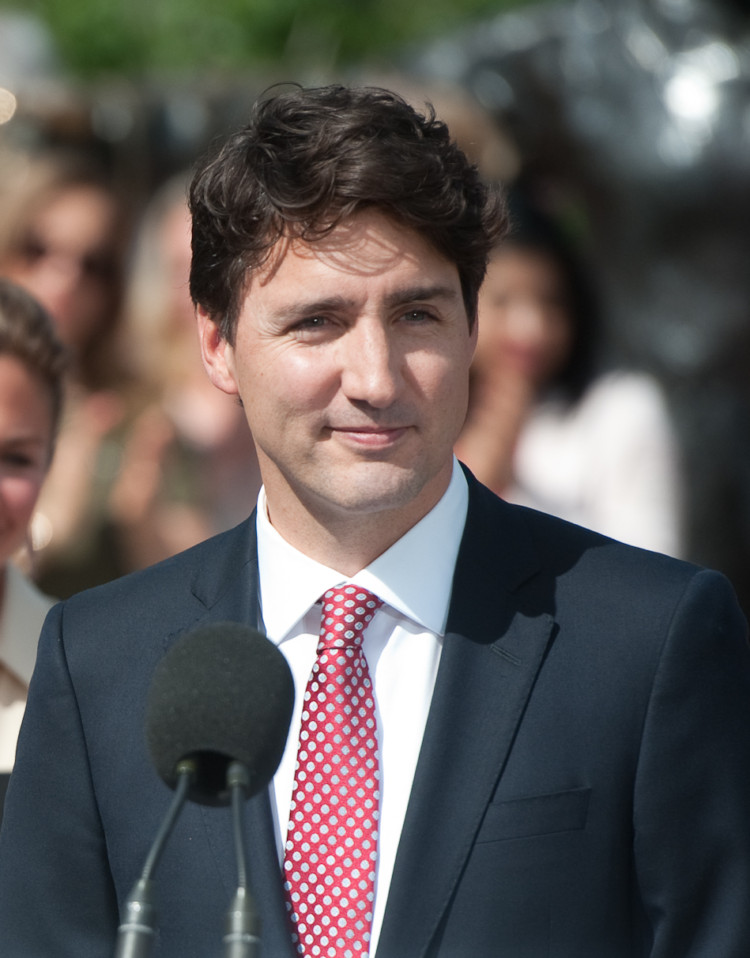By Tony Royden-
Canadian Prime Minister Justin Trudeau’s administration announced impressive funding plans for science in its 2018 budget. It includes almost Can$4 billion (US$3.1 billion) in new funding for science over the next five years.
The plans are in marked contrast to the Can$1 billion in new science funding contained in last year’s budget — almost none of which went to basic research.
The latest budget is “the single largest investment in investigator-led fundamental research in Canadian history,” said finance minister Bill Morneau in remarks to legislators on 27 February.
The Natural Sciences and Engineering Research Council and the Canadian Institutes of Health Research are each to receive Can$354.7 million. The Social Sciences and Humanities Research Council will get Can$215.5 million. All three councils will share another Can$275 million to support research that is “international, interdisciplinary, fast-breaking and higher-risk”.
Scientists had been lobbying Trudeau’s middle-left Liberal government for a full boost to granting-council budgets, instead of the conventional funding for specific research projects, which has been a hallmark of previous years.
The move follows recommendations from last year’s Fundamental Science Review, a report by an expert panel led by former University of Toronto president David Naylor. He was “relieved and pleased” with this “historic recalibration” in science funding. “They seem to have read the report more carefully than most governments,” he says.
On the right track research Institute. “It falls short but it doesn’t preclude adding to it going forward,” he says. “Scientists should be sleeping well tonight in Canada.”
Others were equally pleased with the result. “The government went further towards meeting the recommendations of the Naylor report than anyone expected,” says Alan Bernstein, chief executive of the Canadian Institute for Advanced Research in Toronto.
The budget includes Can$763 million for the Canada Foundation for Innovation (CFI), which funds research infrastructure. The government has also pledged to make this funding permanent — in line with the Fundamental Science Review — with an annual budget of Can$462 million by 2023. Until now, the CFI was funded only in ad hoc chunks every few years.
Early-career researchers were granted an extra Can$210 million over five years for the Canada Research Chairs programme. The programme supports scientists at universities across the country, and the money is reserved for young researchers.
The budget is also extended to provide funding for independent research organisations. Organisations like the Institute of Quantum Computing will receive Can$15 million over three years. But it also states that the government will consider a peer-review approach to determining how to allocate such funding in the future — another recommendation from Naylor’s report.
“It’s wonky but really important,” Katie Gibbs, executive director of the science campaign group Evidence for Democracy in Ottawa, said. “It will change how funds are dished out in the future.”
However, the budget had no good news in the area of renewed funding for the Climate Change and Atmospheric Research programme, which is set to end this year. Many of the programme’s research stations in the high Arctic are likely to be terminated without the extra funding required. Only one station, the Polar Environment Atmospheric Research
Despite that, Gibbs says this budget is a testament to the campaign waged by Canadian researchers over the past year to ensure that the government took the recommendations in the Fundamental Science Review seriously. “It really shows the government spent the last year listening to the community,” she says.

